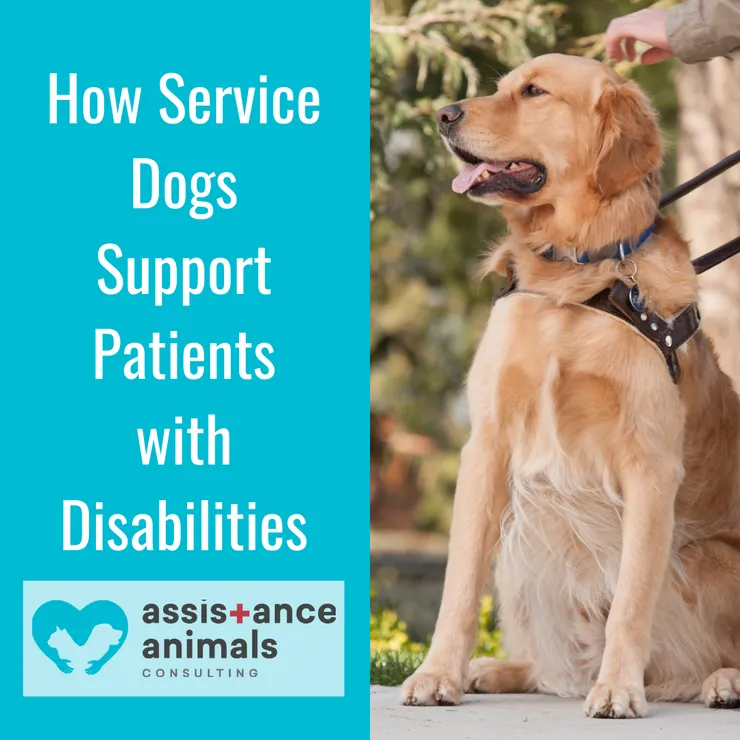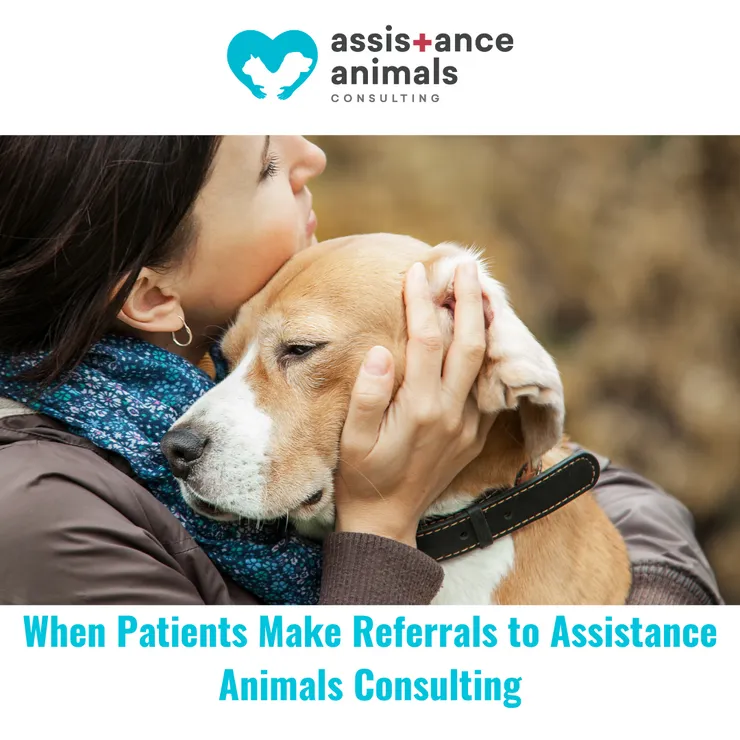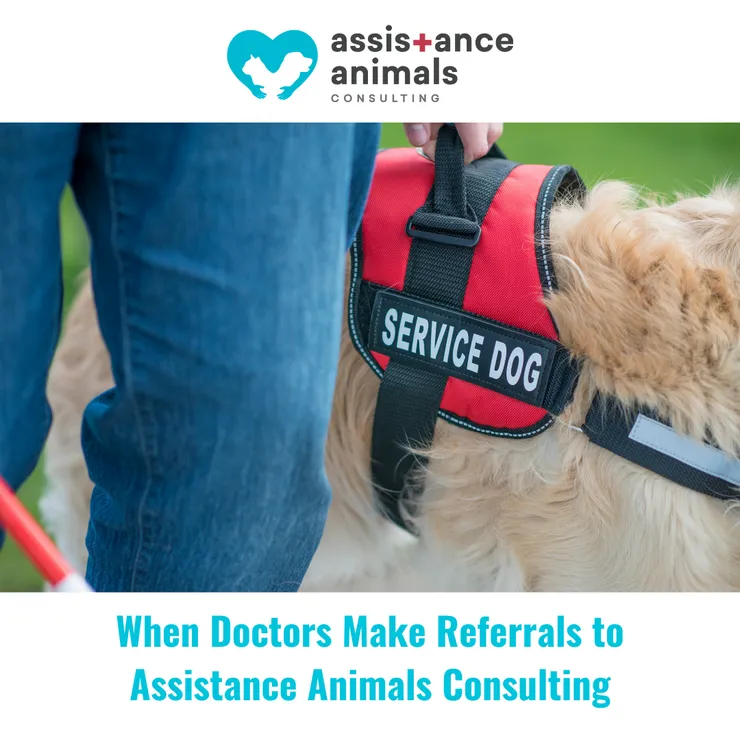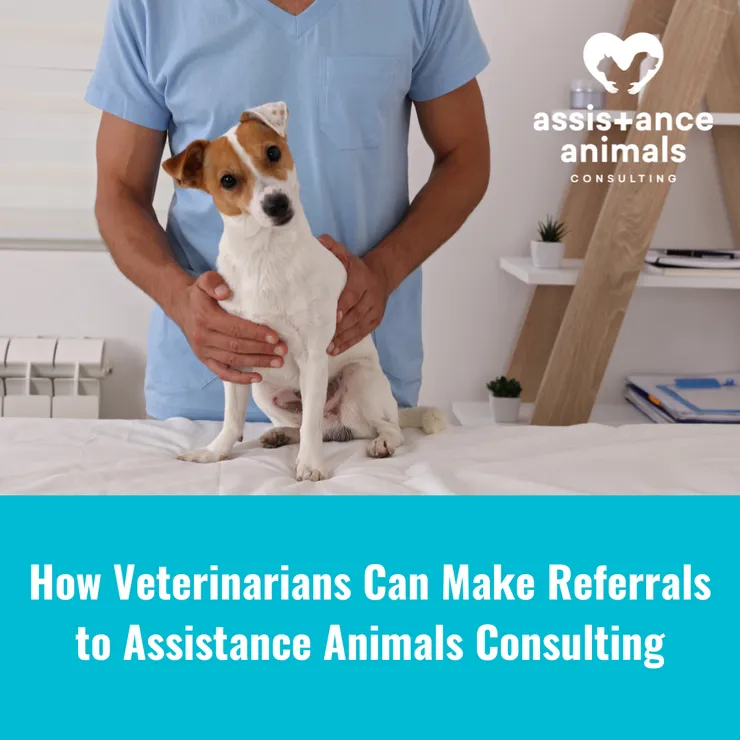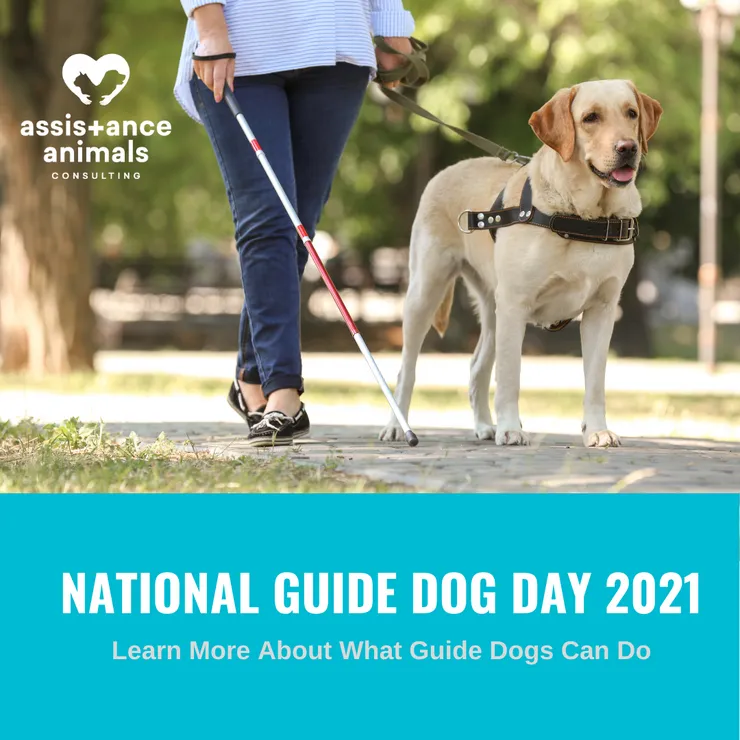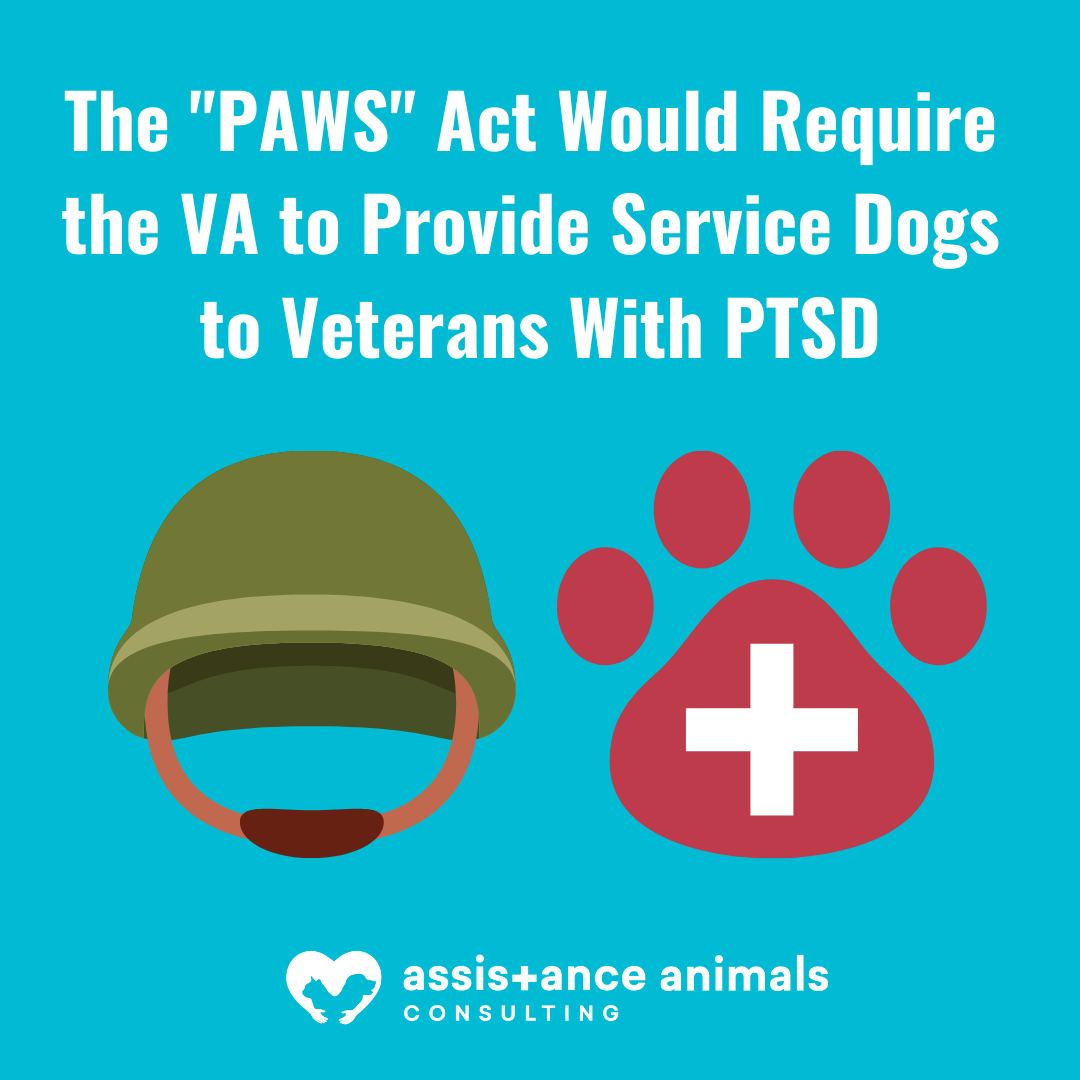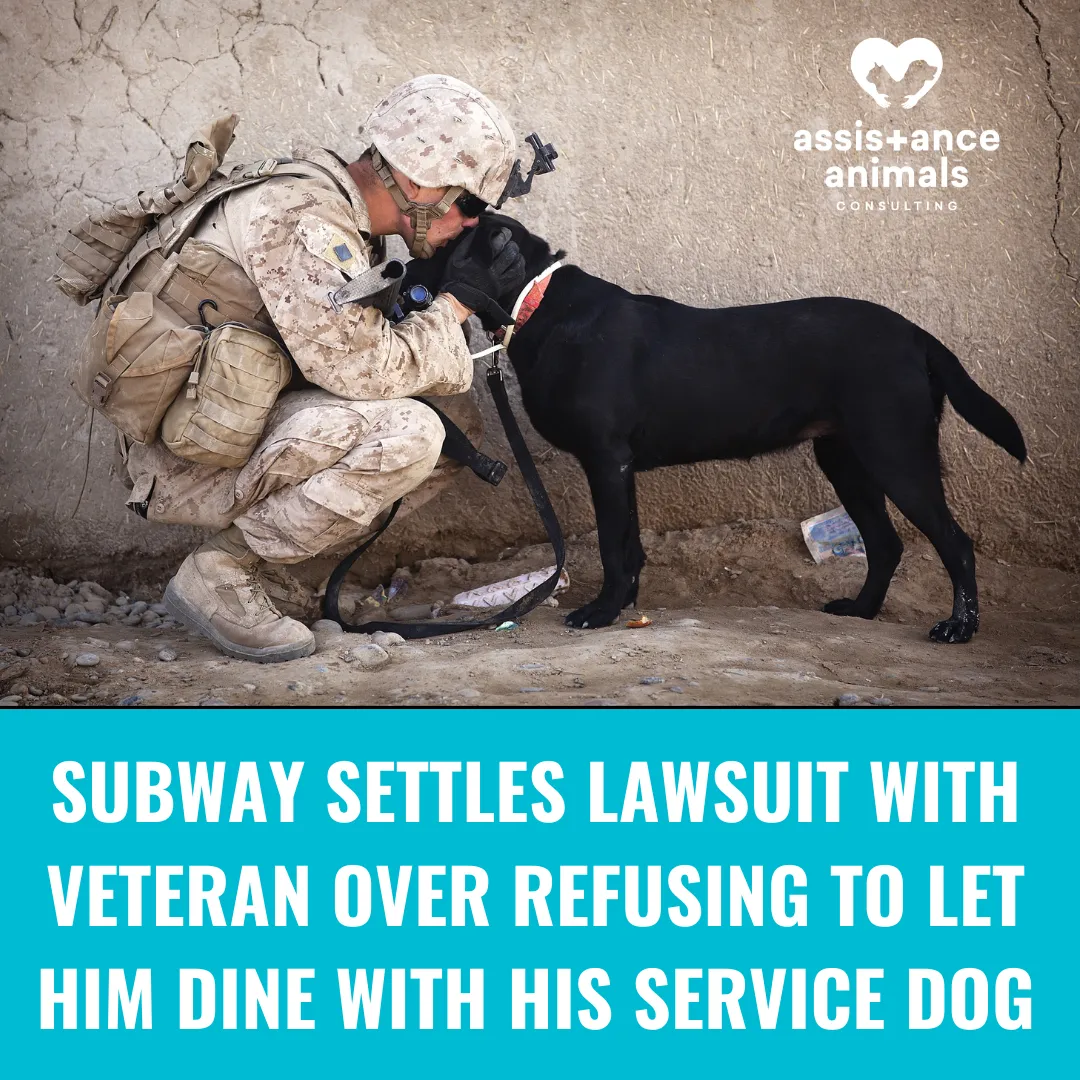Identifying Stress, Fear, and Anxiety in Dogs
Identifying Stress, Fear, and Anxiety in Dogs
What do you know about signs of fear, anxiety, and stress in dogs?
Most people think they can tell if a dog is scared or angry. An image comes to our minds when we think of scared or angry dogs, but what about dogs that are anxious or stressed? Those can certainly be more tricky to discern, but identifying these signs is vital in determining a dog’s mental health. Our goal is to intervene before they reach a point of no return which negatively affects their mental health, impedes their ability to do tasks, and deteriorates the bond that the animal and the handler have developed.
As a Fear Free Elite Certified Practitioner, I am trained to notice subtle cues in an animal’s body language that suggests they are experiencing fear, anxiety, and stress. Knowing this gives me insight into when changes are needed for a therapy or treatment plan and when to stop completely and reassess another day. Oftentimes, changing to a different treatment or therapy plan that supports the mental well-being will have positive outcomes for all involved.
I am also a Human-Animal Bond certified practitioner so one of my goals is to have positive outcomes on both ends of the leash. If the dog’s emotional needs are not being met then both the dog and its handler will suffer. The whole purpose of the therapy team’s formation is generally based on the needs of the handler. As the Director of Animal Advocacy with Assistance Animals Consulting LLC, it is my mission to be the advocate for the animal while supporting and strengthening the human-animal bond. That is why it is so important to involve a veterinarian when discussing the formation of assistance animal therapy teams.
While everyone thinks their dog is content to be their emotional support animal, that couldn’t be farther from the truth. That is why the team needs to be evaluated and re-evaluated by veterinarians who have obtained additional education and training in this area.
So let's discuss fear, anxiety, and stress as well as some of the behaviors associated with them. Before I obtained additional education and training on this subject I used to think that when a patient animal yawned that meant that they were simply feeling tired, especially when they were puppies. I was wrong. In reality, this is a very subtle cue that the animal was in the beginning stages of exhibiting fear, anxiety, and stress. Now I know to stop and let the dog return to a point where their body language isn’t suggesting that their mental health is deteriorating.
What about the dog that seems completely relaxed and doesn’t react in any way that would suggest they are anxious? This could actually be an indication of learned helplessness which is a severe sign of fear, anxiety, and stress.
In both scenarios, it would be damaging to the emotional state of the animal if their circumstances are not changed. To have a successful functioning animal therapy team, the emotional health of the dog must be evaluated by veterinarians that have special interest and training in these areas. When the animal is functioning well both emotionally and physically, this strengthens the human-animal bond. This is critical for positive therapy outcomes.
As your veterinary partners, Assistance Animals Consulting understands and prioritizes the health and welfare of both the human and animals involved in any animal-assisted health program. Consulting with a veterinarian not only benefits the handler but the animal that supports them as well. Let’s talk about how we can support you.
